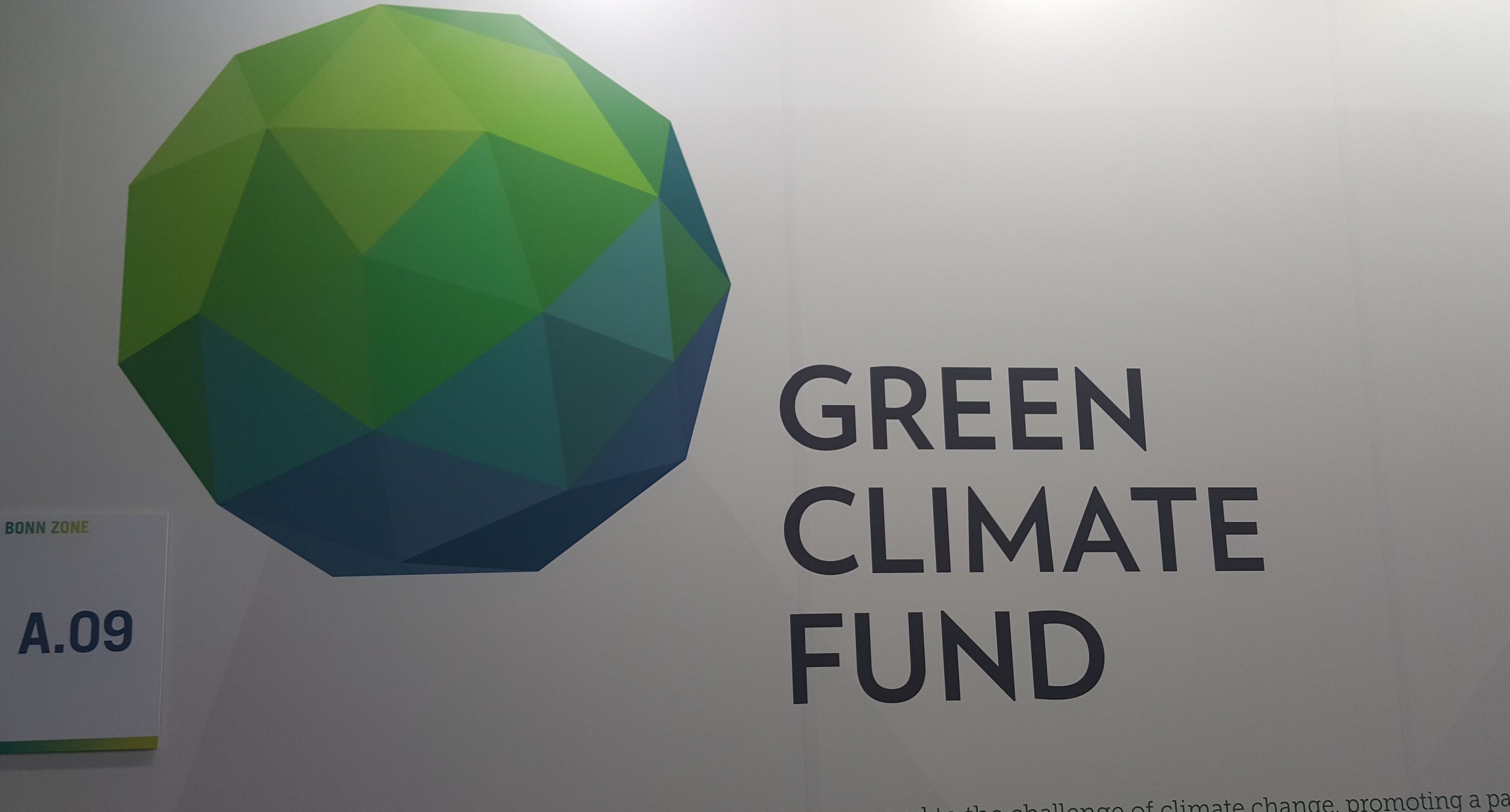Climate summit meetings like the UN COP, now going on in Bonn, are mostly about proposed massive wealth transfers from developed countries like America to the developing world, all in the bogus name of climate control. But you would never know this from the US press coverage. News outlets in the developing countries, on the other hand, make sure that their readers know all about this get rich quick scheme. In fact they expect their readers to already know about it.
Here are two almost simultaneous articles from the New York Times and the Indian Express that dramatically illustrate this point. The differences are stark.
First consider the headlines for the two articles. Headlines are carefully crafted to take into account what the readers are expected to generally already know. In many cases the headline is all that most people will read, so the headline should summarize the story. This is journalism 101.
The NYT headline is “What’s at Stake in the Bonn Climate Talks?”
This headline (and the accompanying story) indicates that the American reader is not expected to know much, just that there are climate talks in Bonn.
The Indian Express headline reads: “Developed countries should fill finance gap after US pullout: China.”
Clearly the reader is expected to know about the financing from developed countries and that the US pullout threatens to create a gap in this financing.
Now consider the text of the two articles.
After briefly explaining the Paris Accord, the NYT article begins with this statement:
“The overarching task is the same as ever: figuring out how to limit severe global warming in the decades ahead.”
In reality the overarching task is to write the rules for delivering vast sums of money to the developing countries, paid by the developed countries, especially including America. The only passing mention of these huge financial issues is this vague statement, buried deep in the article:
“Developing countries have also argued that they need financial aid from wealthier nations to expand clean energy and adapt to the ravages of climate change.”
Even this snippet is incorrect as the developing countries do not regard this revenue as financial aid. They claim that the developed countries, especially the U.S., caused the climate change problem so it is up to them to pay to solve it. They regard this wealth transfer as a financial obligation, not financial aid.
Moreover, a very complex set of issues is simply waived at in this single sentence. This is why the world’s governments are sending over 10,000 negotiators to Bonn. Ten thousand negotiators!
The Indian Express puts the financing issue very clearly, saying this right up front:
“Acknowledging that the US withdrawal from the Paris Agreement would hurt efforts to raise financial resources to fight climate change, China has said it was the responsibility of other developed countries to enhance their contribution and fill the gap that would arise.
“We already have a finance gap, and because of the withdrawal of the United States, which has also indicated that it might not fulfill its financial obligations, the gap will only become bigger… I still do not have the calculations how big this gap would be if the US decides to cut off its contribution in terms of finance, but I hope that other developed countries would honor their own promises and continue to enhance (their financial) support to the developing countries,” China’s negotiator Chen Zhihua told reporters at the climate change conference here.
Developed countries have promised to raise at least $100 billion every year from 2020 to help developing countries deal with the impacts of climate change. The decision of the US to withdraw from the 2015 Paris Agreement has raised fears that the developed countries might not be able to fulfill this promise. China said there was no option but the other developed countries stepping in.”
The amazing differences between these two articles indicate that the New York Times thinks that Americans know almost nothing about these negotiations, while the Indian Express expects its Indian readers to know quite a lot. Both may well be true, but it is because each country’s press is doing a very different job of explaining the situation.
Most of the US left-wing press is dedicated to hiding the financing issue, because Americans would object to it if they knew about it. The US press pretends that it is all about saving the world (from a made up threat). But the Indians are all for it because they get the money.
It is no wonder that most Americans do not know what the climate summit is about, which is paying a lot of money for nothing.

The basic assumption of “global warming” and “climate change” alarmists can be easily shown to be false. See “CO2 Is Innocent” at https://sciencefrauds.blogspot.com Read and clip-copy the paper, take it a physical scientist for authentication of the Chemistry and Stoichiometry, then do the demo-experiment for less than $7 to see that CO2 in the quantities involved do not heat the atmosphere and greater quantities cause the temperature to decline! I prove what I say and to not ask you to bow to my degrees and credentials. This is science, not politics.
Adrian Vance
Let’s get it correct – not 10,000 negotiators, rather 10,000 “lets-all-have-a-jolly-at-the-taxpayers-expense” characters!
And buy trinkets from people who don’t have any electricity.
If CO2 can raise the temperature of the atmosphere just by being there, we have found a new source of energy.